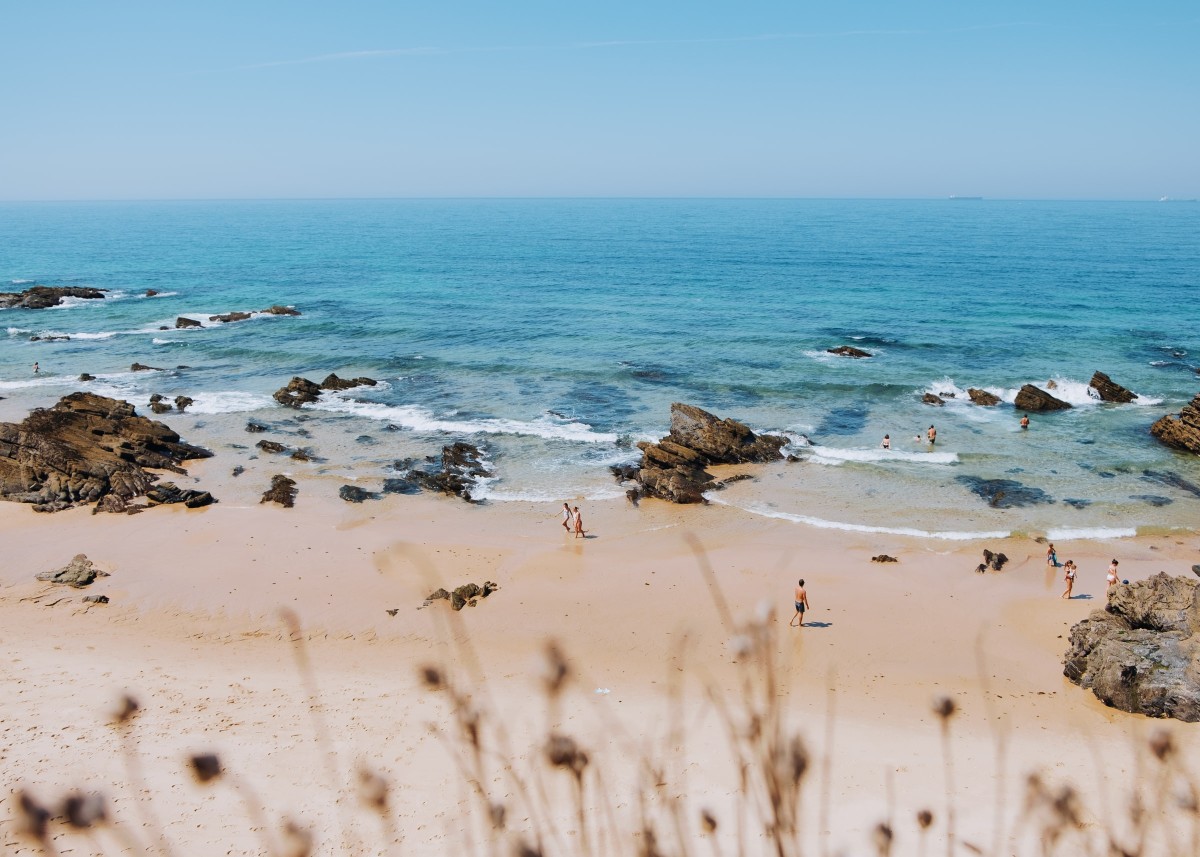
The armed conflict between Russia and Ukraine has reignited the debate on the regulation of golden visas in Europe. In line with the economic and financial sanctions applied to Russia, the European Parliament called on all member states to stop issuing investment residence permits to all Russian applicants. It has also approved a legislative initiative to create a new regulation for golden visas in the European area. But what are the new golden visa rules being designed in Brussels? We have all the details, including how Portugal will be affected.
There are 19 countries of the 27 member states of the European Union that offer residence permit programmes in exchange for investment (also known as golden passports and golden visas). The minimum investment limits vary between 60,000 euros in Latvia and 1,250,000 euros in the Netherlands. In Portugal, the minimum investment limit is 200,000 euros. These citizenship/residence by investment schemes already opened the door to the EU to at least 130,000 beneficiaries between 2011 and 2019, generating revenues of over 21.8 billion euros for the countries concerned.
In Portugal, more than 5.6 billion euros of foreign investment has been recorded between October 2012 and March 2022, in exchange for the granting of a total of 10,515 golden visas, according to Portuguese Government data. Chinese citizens (5,077), Brazilians (1,076) and Turks (488) are those who have benefited most from this programme, followed by South Africans (443) and Russians (431). Note that just two days after the beginning of the war in Ukraine, Portugal suspended the processing of golden visas for Russian citizens.
But everything may soon change for the golden visa scheme in Portugal and across Europe. The European Parliament gave its green light on 9th March 2022 to the new legislative initiative which will, on the one hand, ban golden passports (issued in Malta, Bulgaria and Cyprus) and, on the other, regulate the systems of golden visas in various EU countries, specifically Bulgaria, Cyprus, Malta, Estonia, Hungary, Greece, Ireland, Italy, Latvia, Luxembourg, the Netherlands, Portugal and Spain.
What are the new rules on golden visas proposed by Brussels?
The European Parliament's legislative proposal is clear: MEPs believe that "common rules should be adopted at EU level to harmonise rules and procedures and strengthen the fight against money laundering, corruption and tax evasion", reads the press release.
Specifically, the idea is to "create a system as shielded as possible to avoid situations of money laundering that jeopardise the security of EU Member States", said Portugeuse MEP Margarida Marques. According to Marques, these new rules can be summarised as follows:
- Prohibition of exclusive investment in real estate;
- Investment through golden visas will now be authorised by all Member States and not only by the country of destination;
- Ending the extension of the golden visa to family members;
- Investigation of golden visa applicants (criminal and financial background) and visits by inspectors;
- Annual reporting to the EU authorities on golden visas granted and rejected.
The document is now in Brussels to be evaluated. And, by the end of the year, the European Commission should present a legislative proposal accordingly. "Should it not submit a proposal, the Commission will have to inform Parliament of the reasons for this", they explain in the same press release.